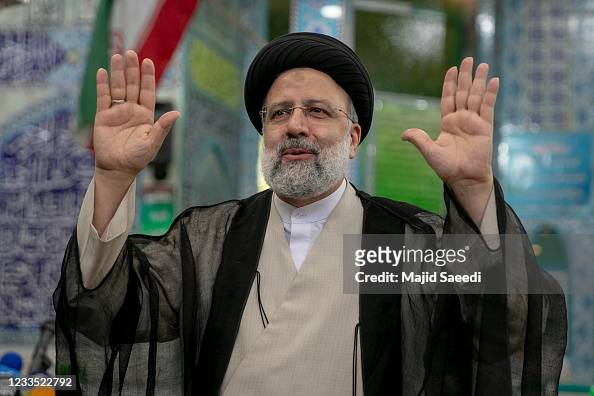Meghna Barik, Pune
During the United Nations General Assembly, Iran’s President Ebrahim Raisi reaffirmed his country’s right to have “peaceful nuclear energy”. He called on the United States “to demonstrate in a verifiable fashion” its intent to rejoin the 2015 nuclear agreement.
Raisi criticized the U.S. withdrawal from the deal, deeming it a breach of American obligations and an insufficient response to Iran’s faithful compliance. The 2018 unilateral withdrawal under then-President Donald Trump led to renewed sanctions on Iran, pushing Iran to gradually deviate from the agreement’s terms. Regrettably, diplomatic efforts to revive the deal in Vienna hit insurmountable obstacles, culminating in failure in August 2022.
Iran consistently denied any interest in nuclear weapons, emphasizing the peaceful nature of its nuclear program. Raisi reiterated this stance, stressing that nuclear arms were incompatible with Iran’s strategic and military doctrines.
However, Rafael Grossi, Director General of the International Atomic Energy Agency (IAEA), voiced concerns about Iran’s dismantling of surveillance equipment, rendering the IAEA unable to verify Iran’s nuclear activities. Grossi had previously warned about Iran’s enriched uranium stockpile, suggesting potential for multiple nuclear weapons.
Grossi expressed his intent to engage President Raisi to address Iran’s restrictions on IAEA inspectors. The European Union also discussed this with Iran’s Foreign Minister, urging cooperation with the IAEA and cessation of military collaboration with Russia.
President Raisi’s speech followed the release of five long-incarcerated prisoners by both Iran and the United States. The five released American individuals had returned to the United States earlier on Tuesday. Additionally, the US authorized the release of approximately $6 billion in frozen Iranian assets held in South Korea, earmarked for humanitarian purposes.
Israel’s Ambassador to the UN, Gilad Erdan, left during Raisi’s speech, holding a sign with the image of Mahsa Amini, a Kurdish-Iranian woman who died in Iranian custody, sparking global protests against Iran’s government.
